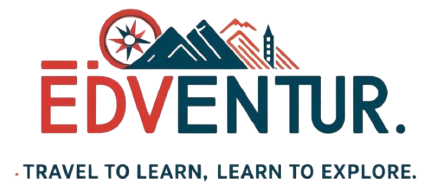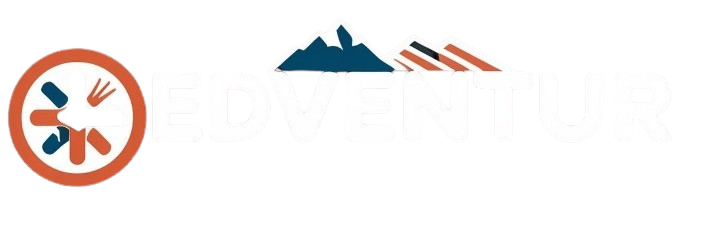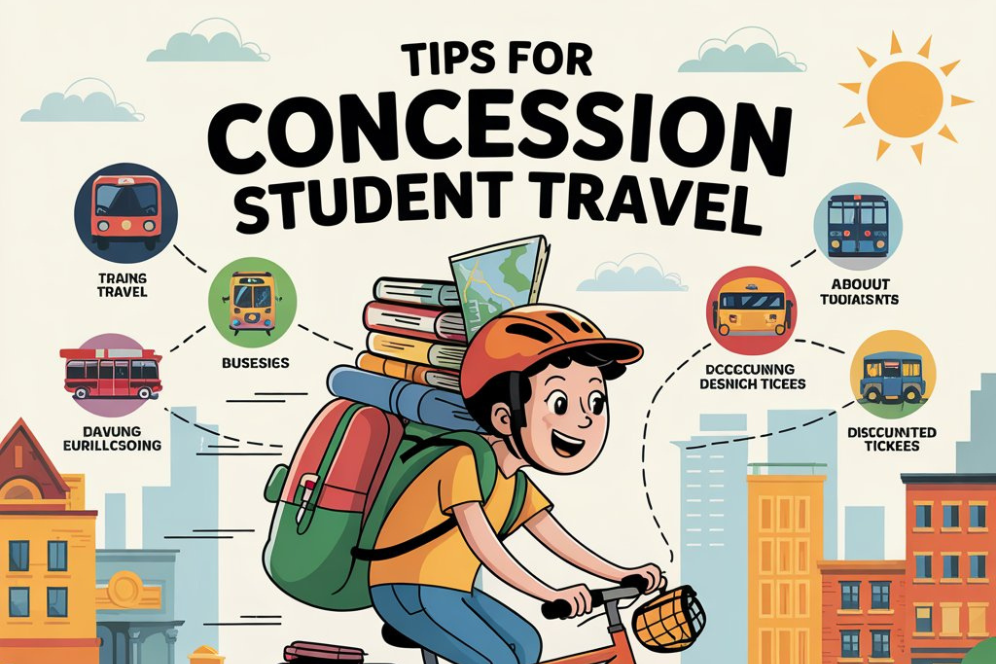Organizing a study tour on a limited budget can be challenging for school and college management, yet cost constraints shouldn’t dilute the educational value or the opportunity for students to learn while having fun. By designing smart, concession-friendly student tour packages, institutions can deliver enriching, memorable experiences without overstretching their finances. Below are practical strategies to help you plan cost-effective educational travel.
1. Strategic Planning & Early Bookings
Lock in Lower Rates
- Advance Reservations: Secure flights, trains, and accommodations at early-bird rates—often 20–30% cheaper than last-minute bookings.
- Fixed-Price Contracts: Negotiate locked-in rates with hotels and transport providers to shield your budget from inflation or seasonal surcharges.
Staggered Deposits
- Structure payment schedules with small initial deposits and incremental installments. This approach eases cash-flow pressure on institutions and parents alike.
2. Leverage Group Discounts & Institutional Partnerships
Bulk-Booking Benefits
- Group Rates: Most airlines, rail services, and hotels extend special rates for large groups. Even a group of 15–20 students can unlock significant concessions.
- Educational Discounts: Museums, science centers, and heritage sites often offer reduced fees for school and college groups—always ask in advance.
Partner with Local Providers
- Forge long-term relationships with local tour operators or community organizations. Consistent business can translate into customized itineraries, waived fees, or sponsorship in kind.
3. Optimize Travel Dates
Off-Peak & Mid-Week Scheduling
- Seasonal Savings: Plan trips during shoulder seasons (just before or after peak tourist periods) when rates for lodging and attractions drop.
- Mid-Week Travel: Weekdays often offer better availability and lower costs compared to weekends.
Flexibility Pays
- Encourage flexible departure or return dates. A one-day shift can reduce airfare by up to 40%.
4. Curate Focused, Value-Driven Itineraries
Prioritize Core Learning Objectives
- Identify 3–5 must-visit sites aligned with curriculum goals. Fewer stops mean lower transport and guide fees, yet deep engagement.
- Combine complementary activities (e.g., a science museum and nearby eco-park) to limit transit time and expense.
Blended Learning Experiences
- Mix free or low-cost activities—walking heritage tours, campus visits, public lectures—with a few paid workshops to balance the budget.
5. Bundled Packages & Local Services
All-Inclusive Deals
- Work with vendors who offer bundled packages (transport + lodging + guided tours). Bundles often come at a discount compared to booking each component separately.
Community Homestays
- In domestic student tour packages, consider homestays or dormitory stays at universities. Such arrangements can reduce accommodation costs while enhancing cultural immersion.
6. Engage Stakeholders for Fundraising & Sponsorship
School-Led Initiatives
- Organize bake sales, sponsored walks, or art auctions to raise partial funds. Engaging students in fundraising fosters ownership and leadership.
Corporate & Alumni Support
- Reach out to local businesses, alumni associations, or educational foundations for sponsorships—offer branding opportunities or co-hosting acknowledgments in return.
7. Incorporate Virtual Elements
Hybrid Study Tours
- To stretch budgets or pre-screen destinations, include virtual reality (VR) or live-streamed sessions from museums, laboratories, or cultural performances.
- Follow up in-person visits with virtual Q&A sessions with experts to reinforce learning without additional travel costs.
8. Implement Cost-Control & Transparency Measures
Detailed Budget Worksheets
- Use shared spreadsheets to track projected vs. actual expenses in real time—ensuring no hidden overruns.
- Provide parents and administrators with clear breakdowns of costs and concessions, building trust and accountability.
Risk Mitigation
- Invest in group insurance policies that cover cancellations, medical emergencies, and lost baggage. While it adds a small fee, it prevents large unplanned expenses later.
Conclusion
Affordable student tour packages are not only achievable but can deliver high-impact educational experiences when meticulously planned. By leveraging group discounts, optimizing travel schedules, and engaging stakeholders, institutions enable students to learn while having fun without compromising on safety or academic value.
At Edventur, we specialize in crafting concession-friendly study tours that align with curriculum goals, regulatory standards, and budgetary constraints. Contact us to design your next cost-effective educational journey—where savings and learning go hand in hand.




